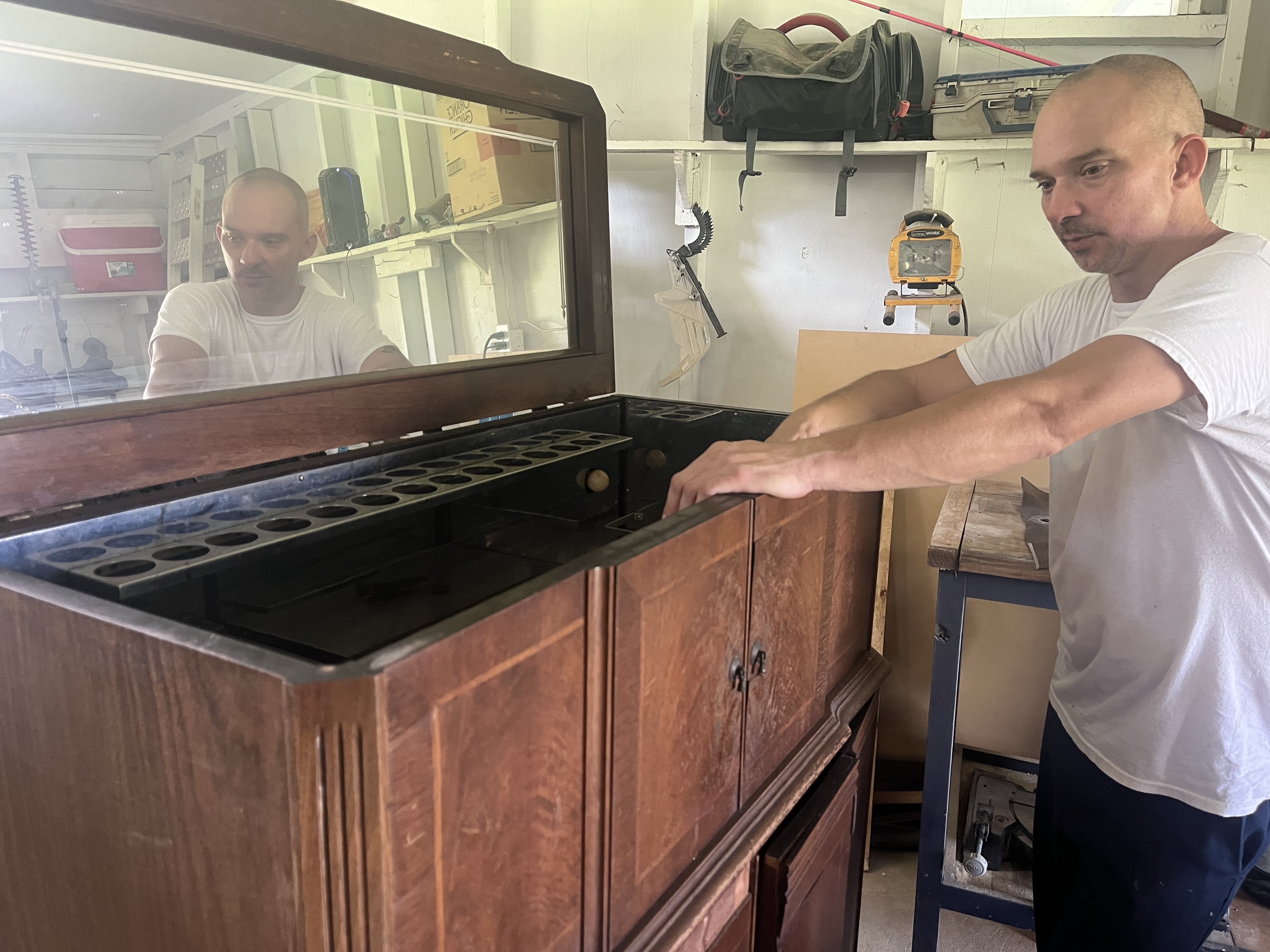Informer: Not all Subway locations accept coupons
Published 10:39 am Sunday, June 26, 2022

- (Special to the American Press)
We received Subway coupons in the mail and took them to our local restaurant to buy our grandson a sandwich. When we got there, this particular restaurant wouldn’t take our coupons, which had not expired. Aren’t the Subway restaurants supposed to take the coupons?
Not all of them do — I had to learn that the hard way myself.
With the rising price of food, several restaurants — all of which are individually owned — are no longer honoring Subway coupons issued by their home office.
“We used to take coupons until about February of this year,” said Brianna Alexander, manager of a Subway in Des Moines, Iowa, told WHO-TV. “Prices of turkey went up, bacon has gone up about 20 percent since 2020, so every year it keeps climbing.”
Some of the food supplies have also been difficult to order because of the High Path Avian Flu.
“Because of that, turkey is hard to come by, chicken is hard to come by,” Alexander said. “When a price goes up, our prices had to go up.”
As challenging as it has been finding ingredients, Alexander said her biggest challenge is hiring workers.
“During these times it is impossible, I can’t keep employees for nothing,” Alexander said. “I’ve had in the last two probably last three weeks I’ve hired ten people, not one of them showed up.
Alexander recommends calling the Subway to you plan to visit ahead of time and ask if it accepts coupons.
‘Codify’ meaning
Now that Roe v. Wade has been overturned, several supporters haved vowed to “codify” this into law despite the ruling by the Supreme Court. Please explain what this means.
To codify something means to enshrine a right or a rule into a formal systematic code. It could be done through an act of Congress in the form of a federal law. Similarly, state legislatures can codify rights by enacting laws.
To codify Roe v. Wade for all Americans, Congress would need to pass a law that would provide the same protections that Roe did — so a law that states women have a right to abortion without excessive government restrictions, according to Linda C. McClain, an expert on civil rights law at Boston University School of Law.
McLain told The Conversation publication that is likely not going to happen because Congress isn’t looking to enshrine Roe in law.
“That’s because Roe v. Wade hasn’t been in place since 1992,” McLain said. “The Supreme Court’s Planned Parenthood. v. Casey ruling affirmed it, but also modified it in significant ways.”
In Casey, the court upheld Roe’s holding that a woman has the right to choose to terminate a pregnancy up to the point of fetal viability and that states could restrict abortion after that point, subject to exceptions to protect the life or health of the pregnant woman. But the Casey court concluded that Roe too severely limited state regulation prior to fetal viability and held that states could impose restrictions on abortion throughout pregnancy to protect potential life as well as to protect maternal health – including during the first trimester.
•
Informer is written by Crystal Stevenson, American Press executive editor. To ask a question, call 494-4098 and leave voice mail, or email informer@americanpress.com.





